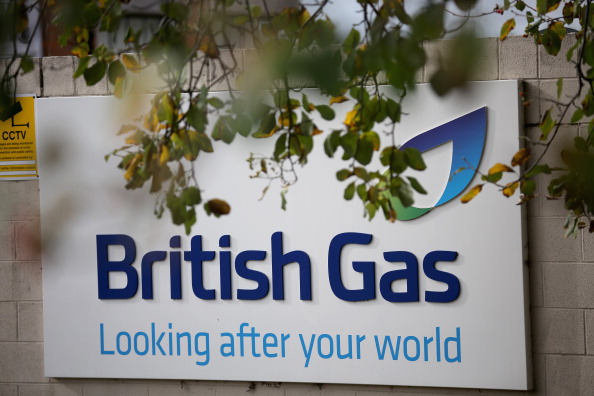Tsunami of new customers: 200,000 households flock to British Gas as competitors are wiped out but profits nearly halve

British Gas welcomed more than 200,000 customers as some of the energy giant’s rivals went out of business in the first six months of the year.
The business gained 158,000 new accounts when it took over the responsibility to sell gas and electricity to Together Energy’s customers. Together was one of around 30 suppliers that have collapsed in the last year.
Regulator Ofgem assigned its customers to British Gas. But the business said it had also managed to attract 46,000 customers during the period, who switched to its services voluntarily.
It came despite the price cap being the cheapest deal on the market, which gives customers little reason to switch.
British Gas reported an adjusted operating profit of £98m, down 43 per cent compared with the same period a year ago, before the energy crisis had properly bitten.
Busy year
It has been a busy year for energy suppliers such as British Gas.
Gas prices started rising last summer and have not let up since, hitting record highs several times.
It has put the squeeze on suppliers, especially as almost all of them are banned from passing costs on to customers immediately.
The energy price cap, which limits what suppliers can charge households, takes into account the price of gas on international markets.
But as the price cap was only changed once every six months there was a lag between the gas price that suppliers paid and what they could charge their customers.
Partly as a result of this, many of the energy suppliers that were serving the market a year ago are now out of business.
In response to the crisis, Ofgem will now update the price cap – which puts an upper limit on a supplier’s default tariff – every three months.
“The rise in wholesale commodity prices meant that default tariffs remained cheaper than nearly all new fixed-price tariffs.”
British Gas today
“This resulted in more customers on default tariffs than we had hedged for, requiring us to purchase more commodity from the market at prices above those allowed with the price caps.
“Price cap allowances have been introduced to compensate for these costs, however this recovery will mostly occur in future periods.”
Parent company Centrica said it had swung to a pre-tax loss of £1.2bn, down from a £907m profit a year ago.